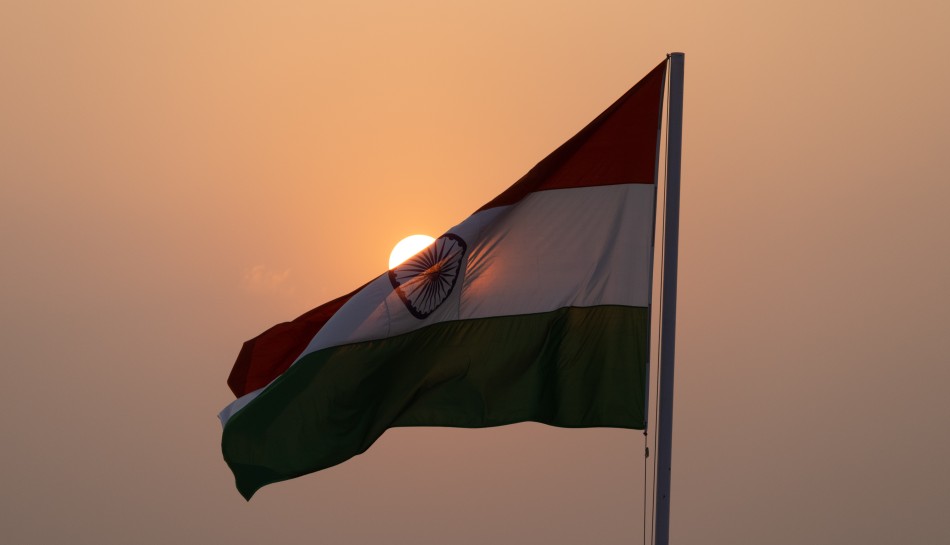A press conference with Canadian Immigration Minister Marc Miller on October 19th, 2023 has revealed that the ongoing dispute between Canada and India will result in slower processing times for Indian visa applications.
Nonetheless, Miller emphasized that newcomers from India play a vital role in Canada and Immigration, Refugees and Citizenship Canada (IRCC) will continue to welcome them.
How large is the backlog expected to be and when will visa processing return to normal?
Senior IRCC officials who have briefed Canadian stakeholders say they expect the reduction of staff in India to create a backlog of 17,500 "final decisions" across Canada's global immigration system over the next two months. However, the government hopes to return back to normal processing by "early 2024".
Accordingly, this can be achieved as the 22 immigration staff pulled from India will reestablish themselves and get back to work in Canada and the Philippines.
What has caused the slower visa application processing?
India has formally planned to remove immunities for all but 21 Canadian diplomats and dependents in New Delhi by October 20th, 2023. This means that 41 Canadian diplomats and their 42 dependents are in danger of having immunities stripped.
According to IRCC's statement, revoking diplomatic privileges and immunities is contrary to international law and this action taken by India is unreasonable and escalatory. India had accredited each of the Canadian diplomats they are now expelling, even though they were all carrying out their duties in good faith and to the greater benefit of both countries.
IRCC has said that the mass expulsions are the reason that operations will be impacted and client service will be affected.
What operations will be impacted?
IRCC has stated that they are forced to temporarily pause all in-person services at Consulates until further notice. However, IRCC will continue to accept and process applications from India. Certain application requirements will need to be completed locally or on-site in a secure environment.
As a result, the reduction in the size of the IRCC team in India will affect service standards for residents of India. The team is being reduced from 27 to just five.
The remaining IRCC staff in India will focus on work that requires an in-country presence such as urgent processing, visa printing, risk assessment and overseeing key partners, including visa application centres, panel physicians and clinics that perform immigration medical exams. The rest of the work and staff will be reassigned across IRCC's global processing network.
However, IRCC is hopeful India visa operations will return to normal in the early part of the New Year.
How will this impact Visa Application Centres (VACs)?
IRCC is trying to mitigate the impact by adjusting the work load for Visa Application Centres (VACs) that already process the majority of the applications from India.
VACs are operated by third parties so they will continue to operate as normal. Applicants will still be able to receive administrative support, transmit passports and submit biometrics at one of IRCCs ten centres in India.
Source: cicnews.com
















